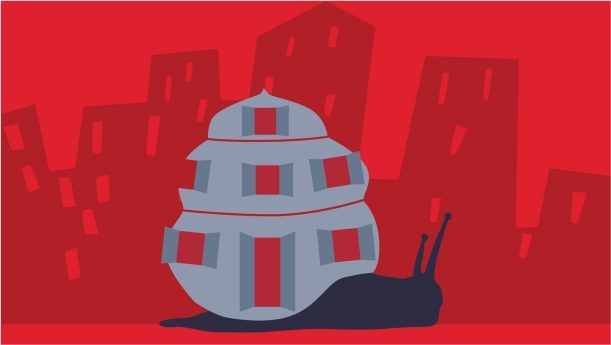
Summary: Your customers want you to save the world. People have many different, and very real, worries about the future, including health, climate, technology and more. As a company, you must be seen to be taking your responsibilities seriously and making a contribution towards relieving one or more of these worries.
Log In or become an AIMA member to read more articles
